|
ID |
Nickname |
Country / City |
Languages |
Taxonomies |
Comment |
Project / Group |
Map |
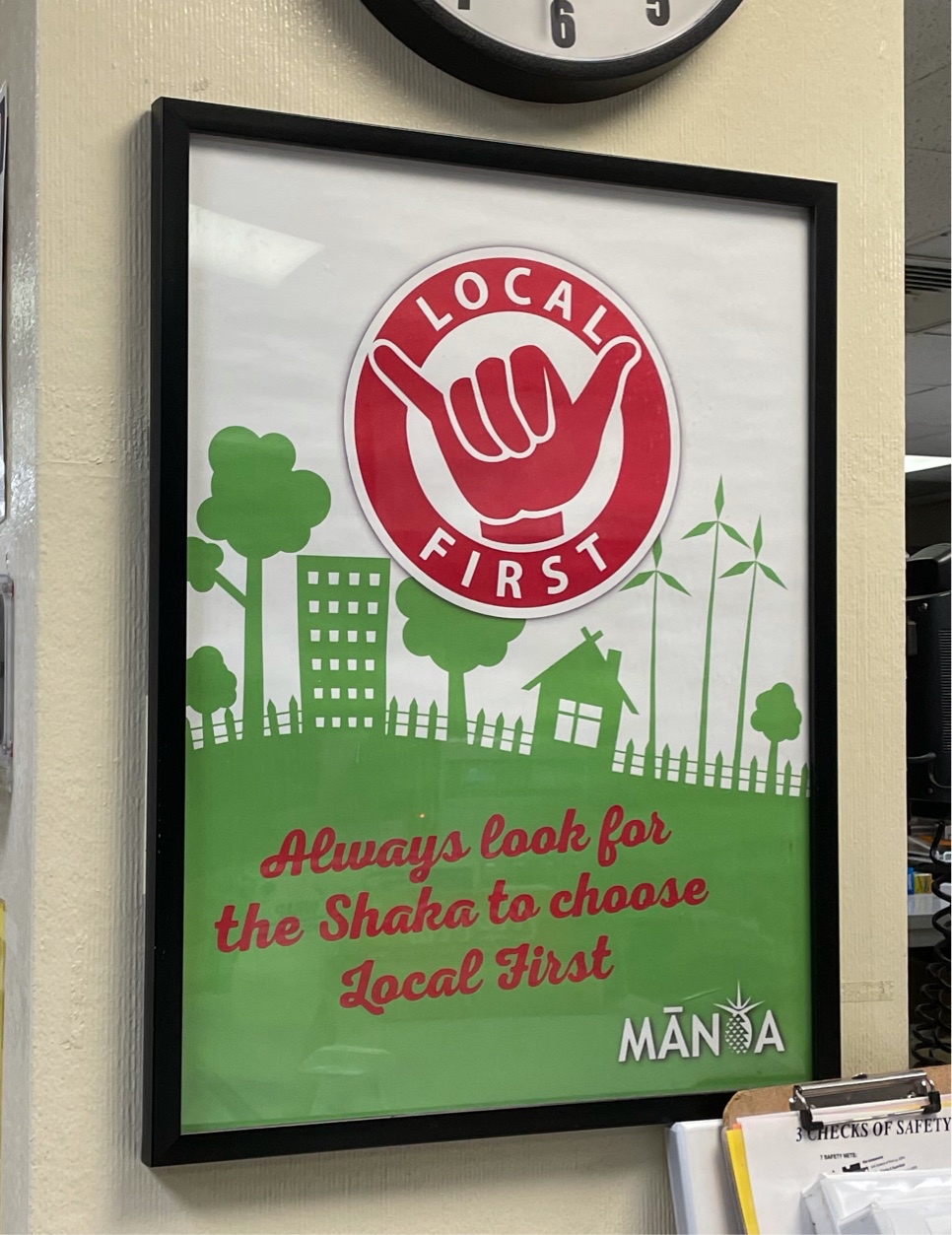
|
45869
|
|
United States
Honolulu
|
|
|
(SP) (Check in #2) This a framed semi-permanent poster visible on entrance to a student market/convenience store domain. The majority of this poster is in English, likely so that students from anywhere, even the mainland or other countries, can understand its main message easily. However, the word “Shaka” and the Shaka hand sign take up large section of the post, encouraging shoppers to look for the Shaka to know you’re buying from local sources. An iconic Pidgin word/symbol is used here to drive home the fact that circulating money back to Locals is very important, and this message would have been less impactful if they had used a non-Pidgin word, since Pidgin is often considered “the language of Locals”.
|
Multilingual Hawaiʻi
|
|
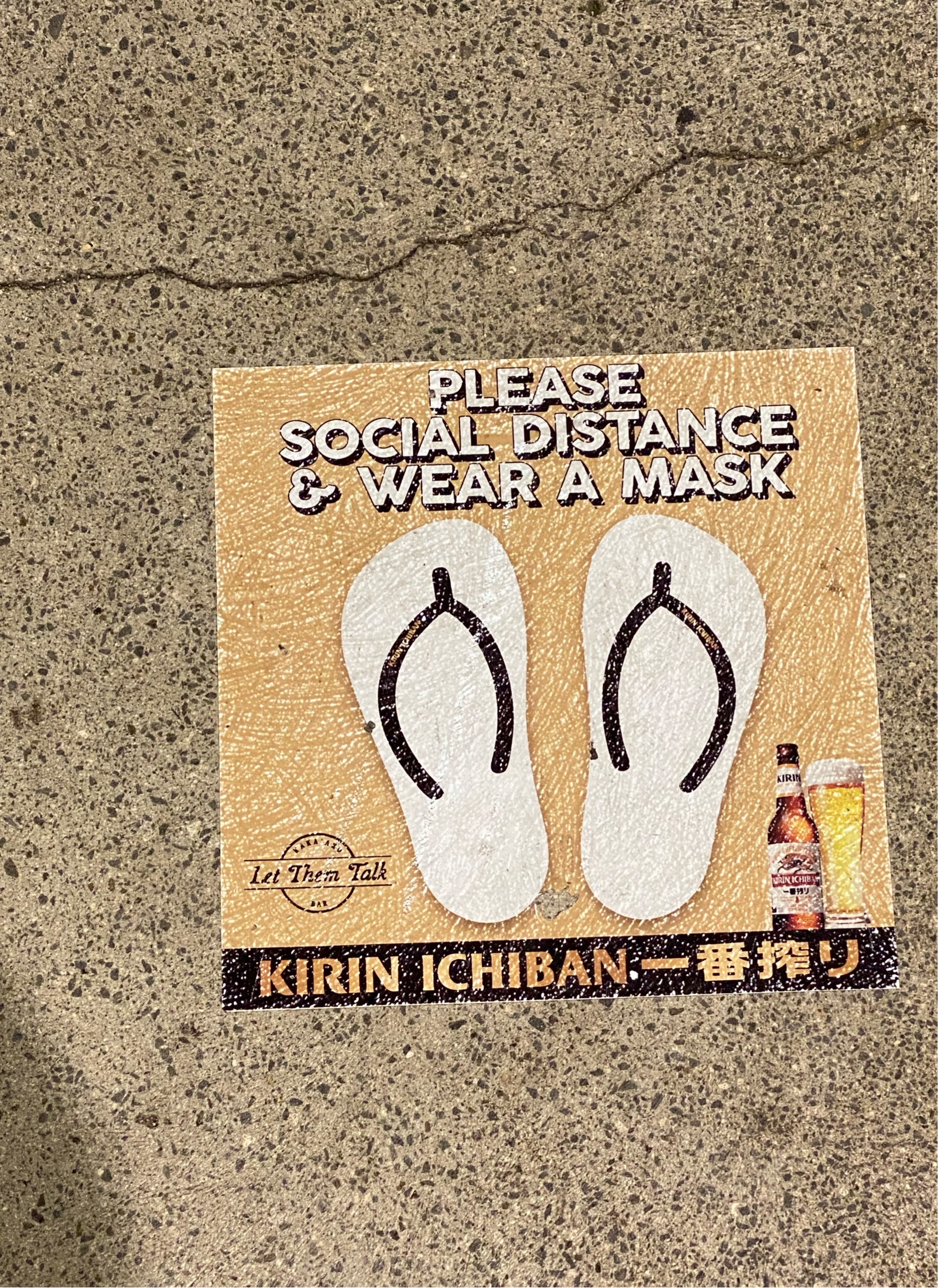
|
38446
|
|
United States
Honolulu
|
|
|
On the floor to mark where to stand.
|
Multilingual Hawaiʻi
|
|

|
45870
|
|
United States
Honolulu
|
|
|
(SP)(Check in #2) this is a impermanent paper sign in the restaurant domain that contains English, Hawaiian, and Pidgin, but I am using it as a Pidgin submission. This sign is likely directed towards Locals or residents (the sign directly mentions kama'āina) who are more aware of current events in Hawai'i and want to support other Locals buy shopping locally; however, the majority of this sign is still in English so that it is as easy as possible for anyone to read it, no matter where they’re from. Hawaiian, and especially Pidgin (“da Shaka”) is used here to drive home the important of shopping Local and connect it more with the Local community, although in this case one could argue it has become more of a branding choice to appeal to readers’ desire to help Locals and Hawai'i’s economy.
|
Multilingual Hawaiʻi
|
|
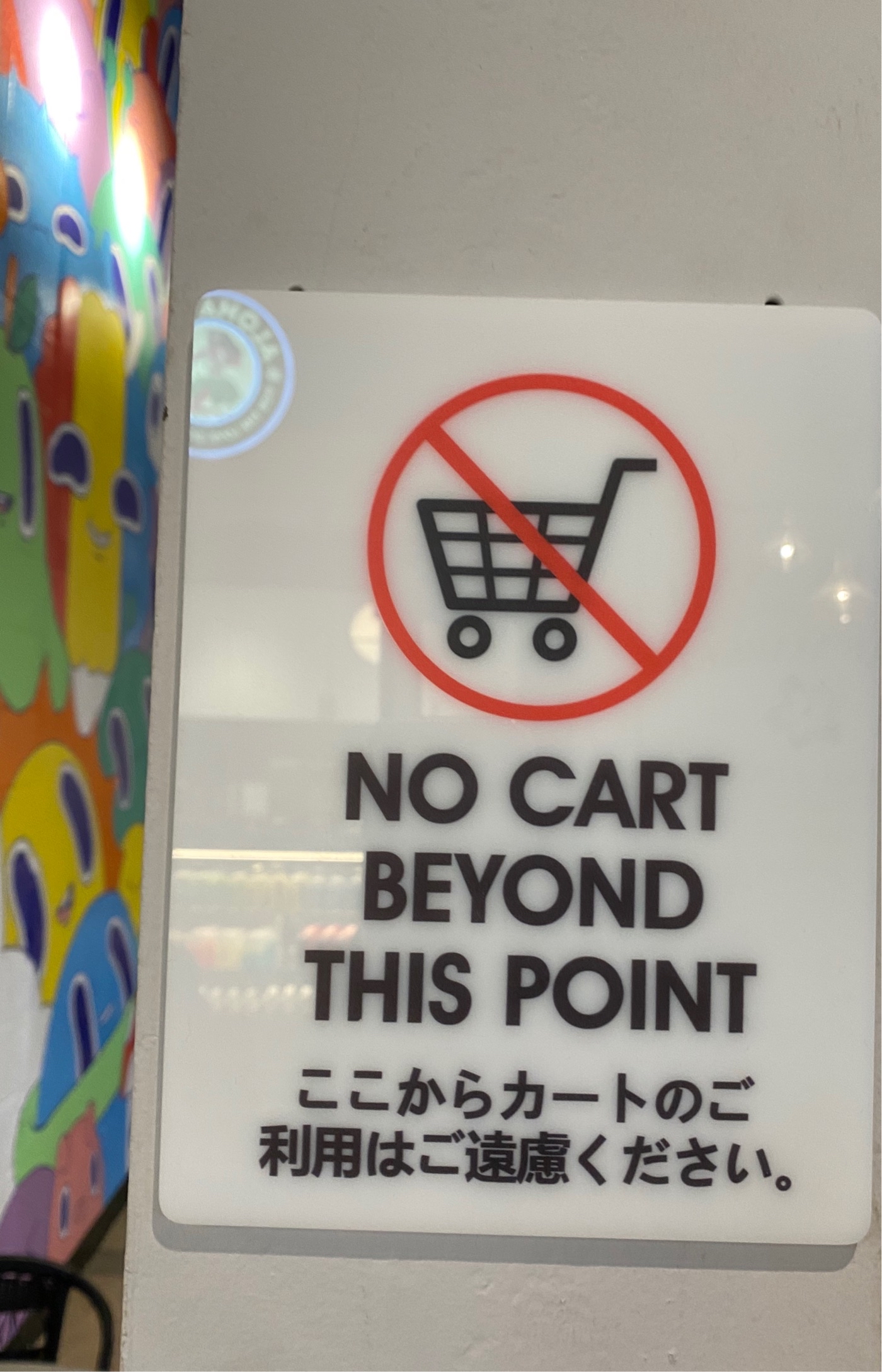
|
38447
|
|
United States
Honolulu
|
|
|
—
|
Multilingual Hawaiʻi
|
|

|
45871
|
|
United States
Haleiwa
|
|
|
(SP) (Check in #2) this is a photo of a semi-permanent bumper sticker (taken with permission) in the domain of transportation. It’s main audience is Locals and speakers of Pidgin because “mo bettah” is likely not a phrase that non-Locals will be too familiar with. It is likely meant to show off the car owner’s pride of being from/having visited Molokai and desire to express Molokai’s excellence/superiority over other islands
|
Multilingual Hawaiʻi
|
|

|
47151
|
|
United States
Kaneohe
|
|
|
KA : Kakimochi is a local term for fried "kaki" rice balls "mochi". In Japan it's called Arare. Here, the choice to use the local term instead of the Japanese one is due to its familiarity to most locals. Kakimochi is classic and well loved. the domain is retail/sales.
|
Multilingual Hawaiʻi
|
|
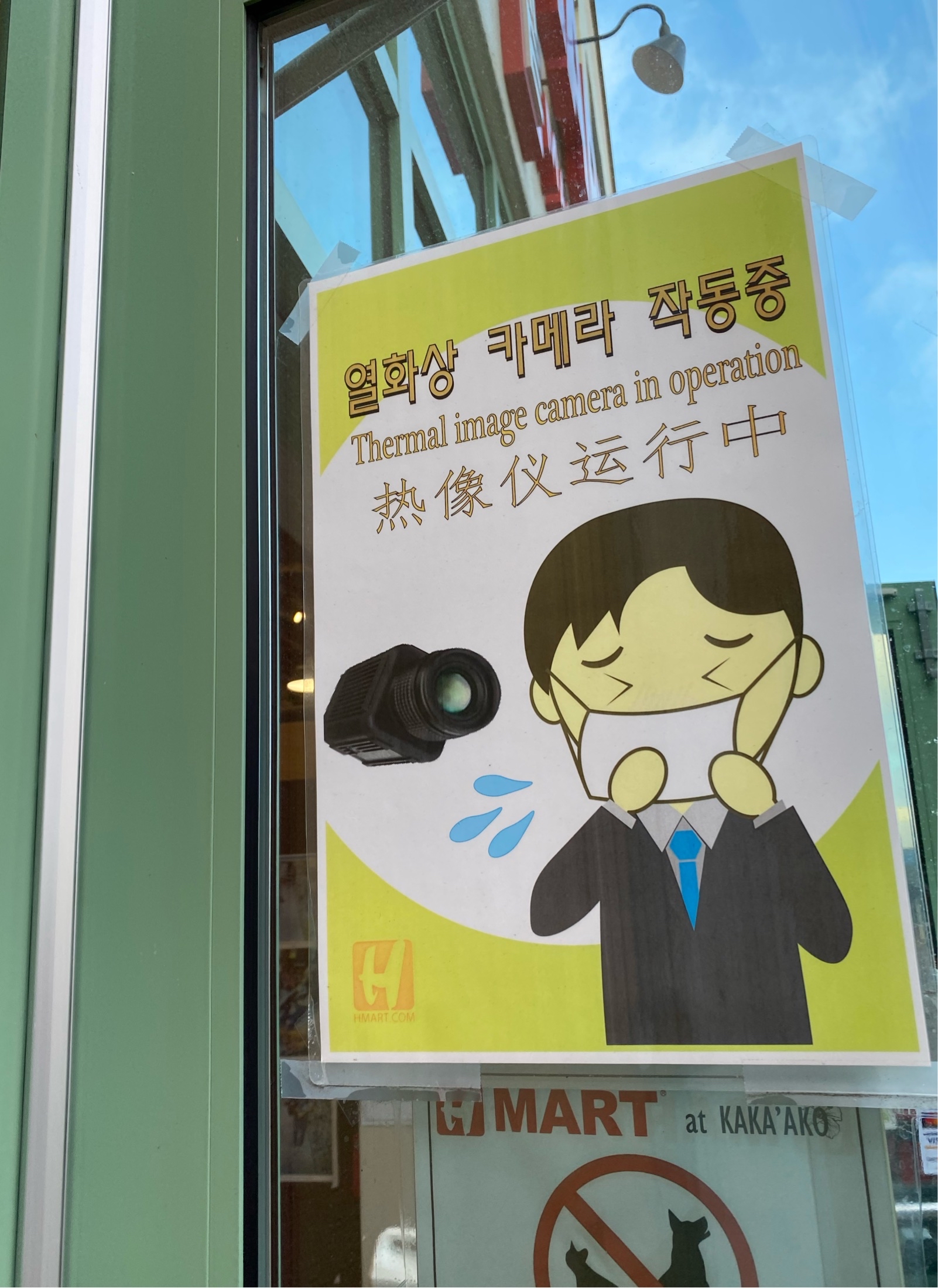
|
38448
|
|
United States
Honolulu
|
|
|
—
|
Multilingual Hawaiʻi
|
|

|
47152
|
|
United States
Kaneohe
|
|
|
KA : Hapa is Hawaiian meaning half. Its use here is as a brand name, perhaps because the makers of the product are hapa perhaps because that's their name. Whatever the case, using a Hawaiian word for your brand makes it more appealing to locals who prefer to support local products. Domain is retail.
|
Multilingual Hawaiʻi
|
|
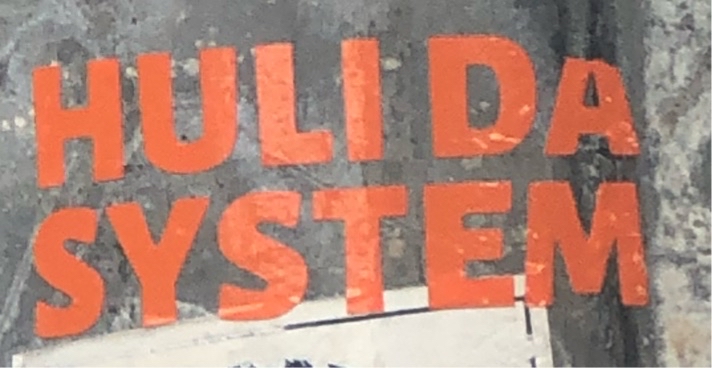
|
25905
|
|
United States
Honolulu
|
|
|
“Huli da system” is an expressive type of linguistic landscape that is meant to share political sentiment that the system or government is turned on its head. J. A. S
|
Multilingual Hawaiʻi
|
|

|
47153
|
|
United States
Kaneohe
|
|
|
KA : Meli means bee in Hawaiian. The choice to use meli instead of bee was probably to appeal to local buyers while still describing the product. Domain is retail.
|
Multilingual Hawaiʻi
|
|
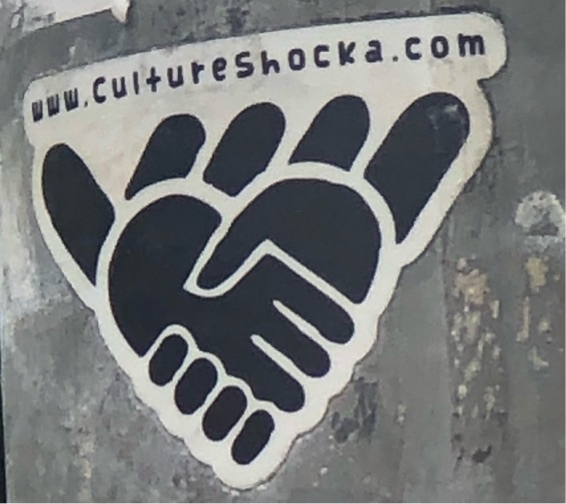
|
25906
|
|
United States
Honolulu
|
|
|
This is an expressive sign that is also symbolic-synthetic meant to share the culture of Hawaii with outsiders. JAS
|
Multilingual Hawaiʻi
|
|

|
47154
|
|
United States
Kaneohe
|
|
|
KA : Ku'ia is some kind of obstacle or to encounter an obstacles. As such I'm a little confused as to why one would use it as their brand name, I can only assume that it's their name. Despite all that though, the Hawaiian will still appeal to local customers. Domain is retail.
|
Multilingual Hawaiʻi
|
|

|
25907
|
|
United States
Honolulu
|
|
|
This sign is symbolic authentic. Outsiders may not know what holoholo means, which is to go cruising, or go out for fun. JAS
|
Multilingual Hawaiʻi
|
|
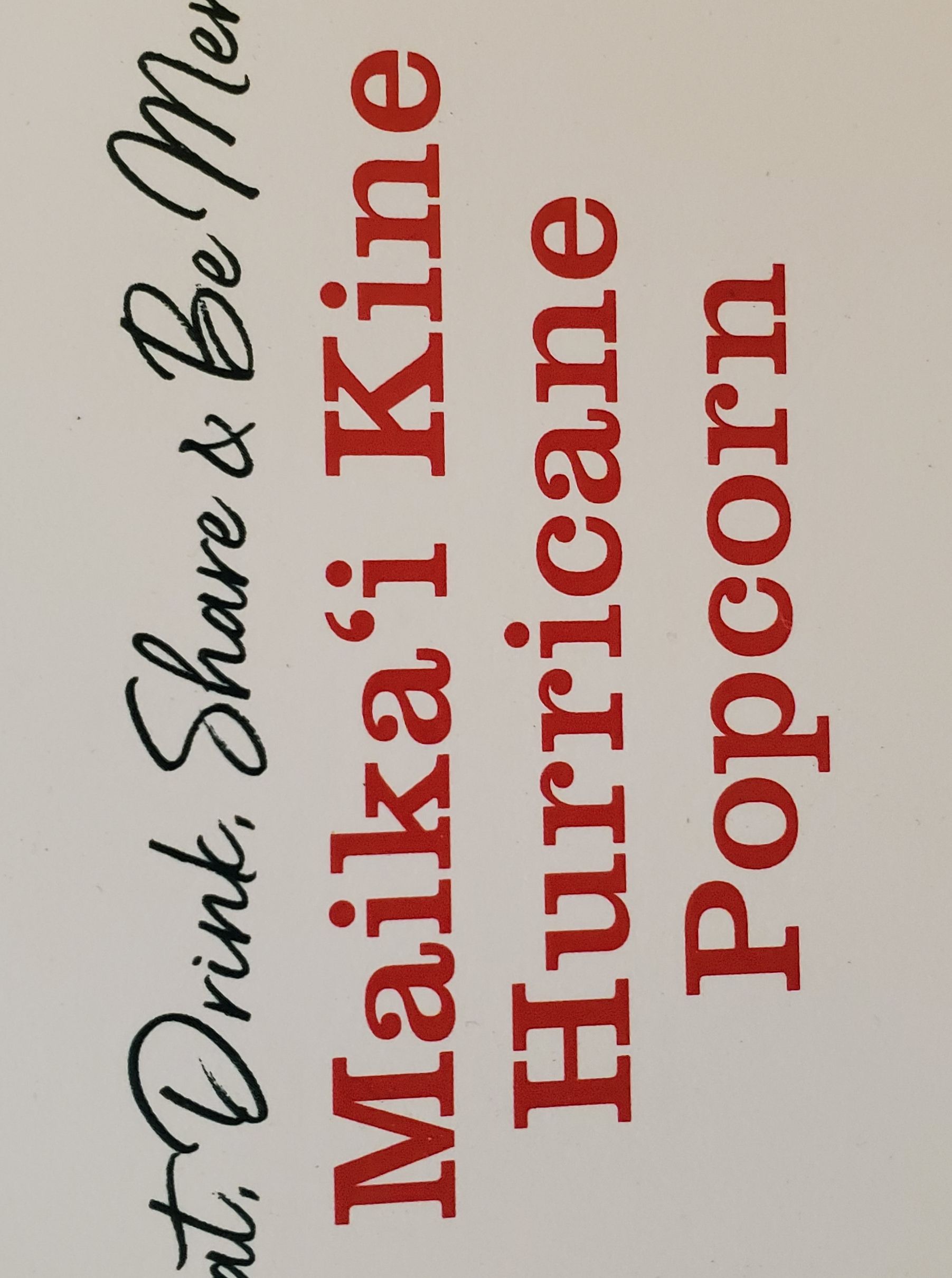
|
47155
|
|
United States
Kaneohe
|
|
|
KA : The pidgin here is "maika'i kine", meaning the good kind of popcorn. It i.plies to local buyers that this is a popcorn to be trusted because they're advertising in pidgin. Domain is retail.
|
Multilingual Hawaiʻi
|
|
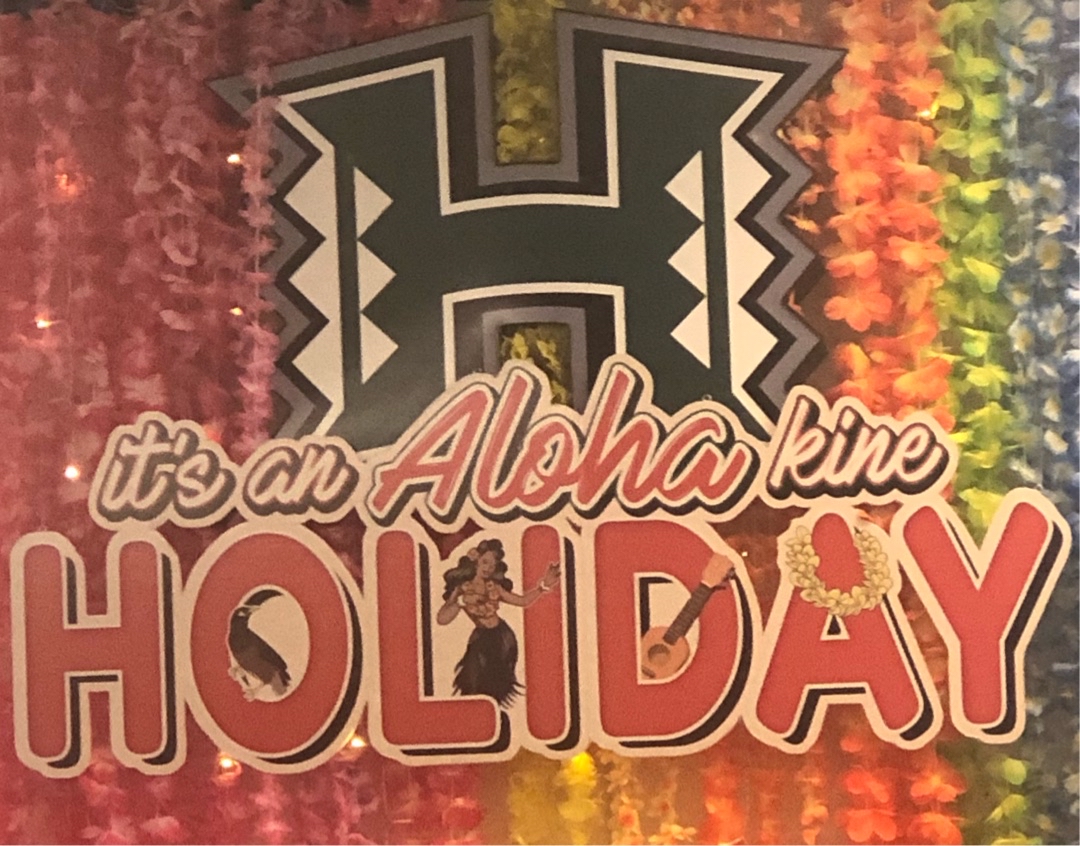
|
25908
|
|
United States
Honolulu
|
|
|
This sign is symbolic synthetic. It is used to try and sell leis at the bookstore. JAS
|
Multilingual Hawaiʻi
|
|
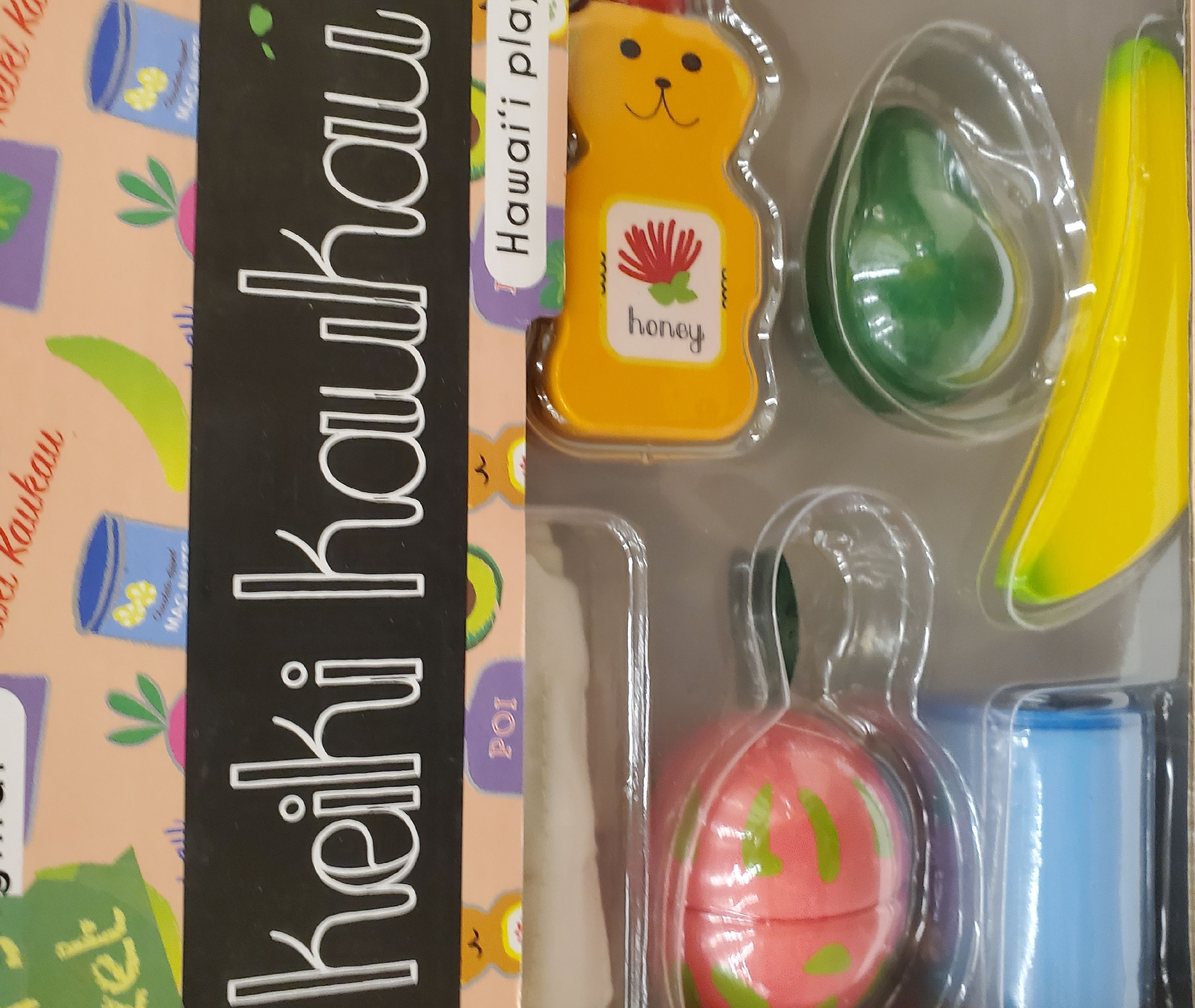
|
47156
|
|
United States
Kaneohe
|
|
|
KA : This could probably serve as either Hawaiian or pidgin, but I'm choosing pidgin. "keiki kaukau" means kid food. Which is what the box is full of, toys for children in the form of local foods. My guess is that someone thought it was adorable, because it is. Domain is retail.
|
Multilingual Hawaiʻi
|
|
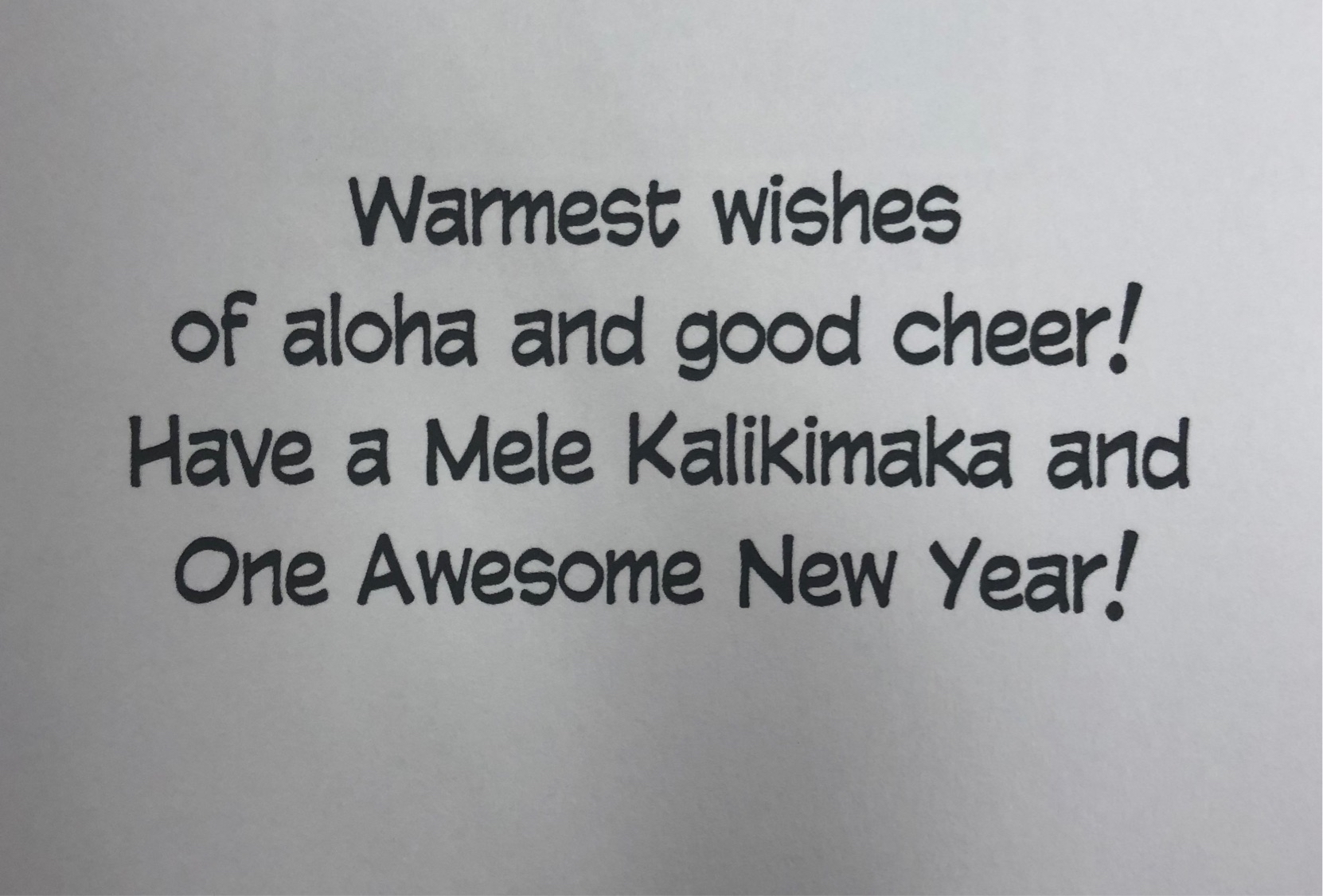
|
25909
|
|
United States
Mililani
|
|
|
Christmas card found in longs drugs. Can be both symbolic synthetic or authentic. JAS
|
Multilingual Hawaiʻi
|
|
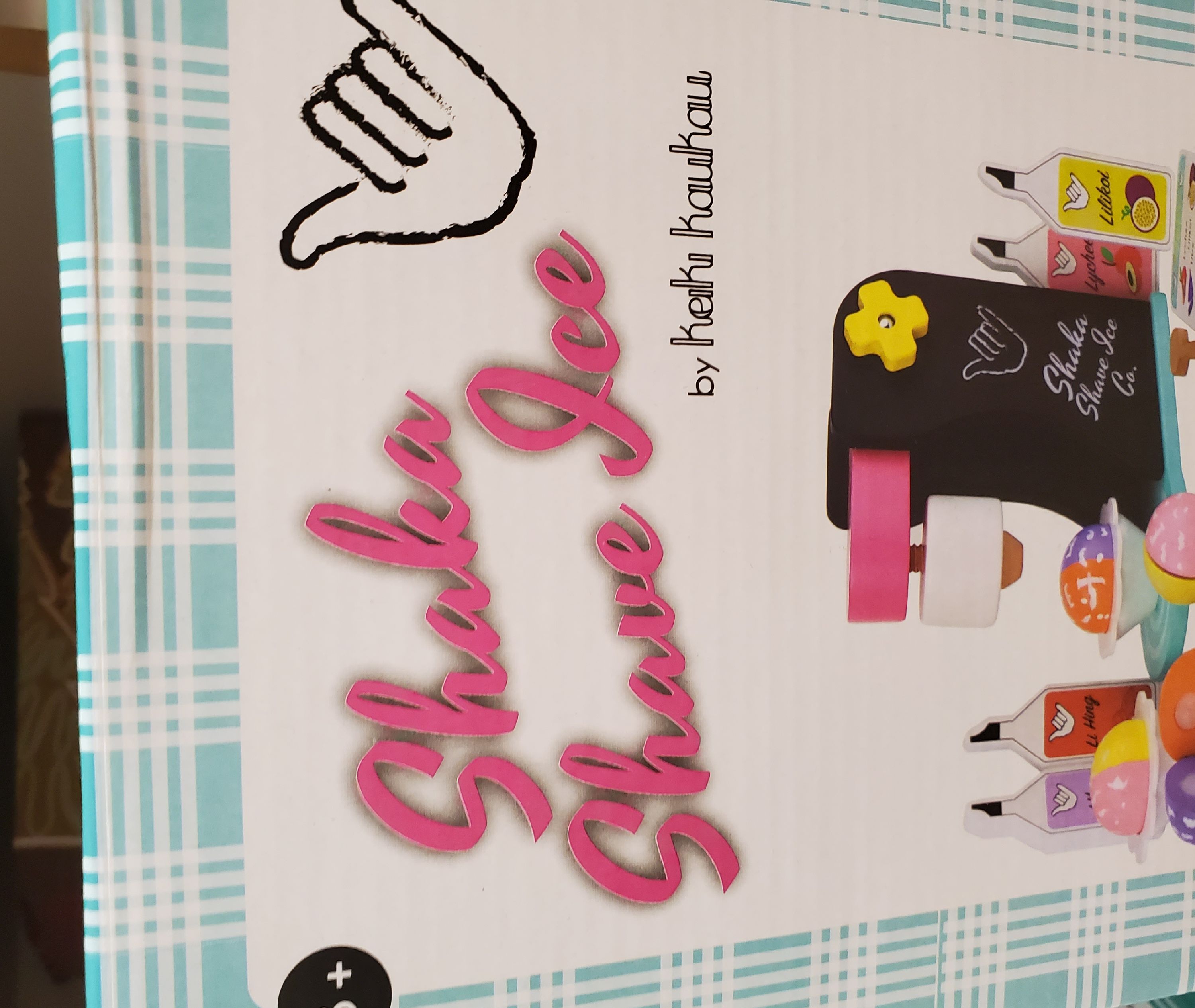
|
47157
|
|
United States
Kaneohe
|
|
|
KA : This is a dubious use of pidgin in my opinion. Usually Shaka Shaka is used ti appeal to tourists, not locals. But the product was in a local store. Nonetheless, tourists do love anything seemingly local but not too local and this fits the bill. Domain retail.
|
Multilingual Hawaiʻi
|
|
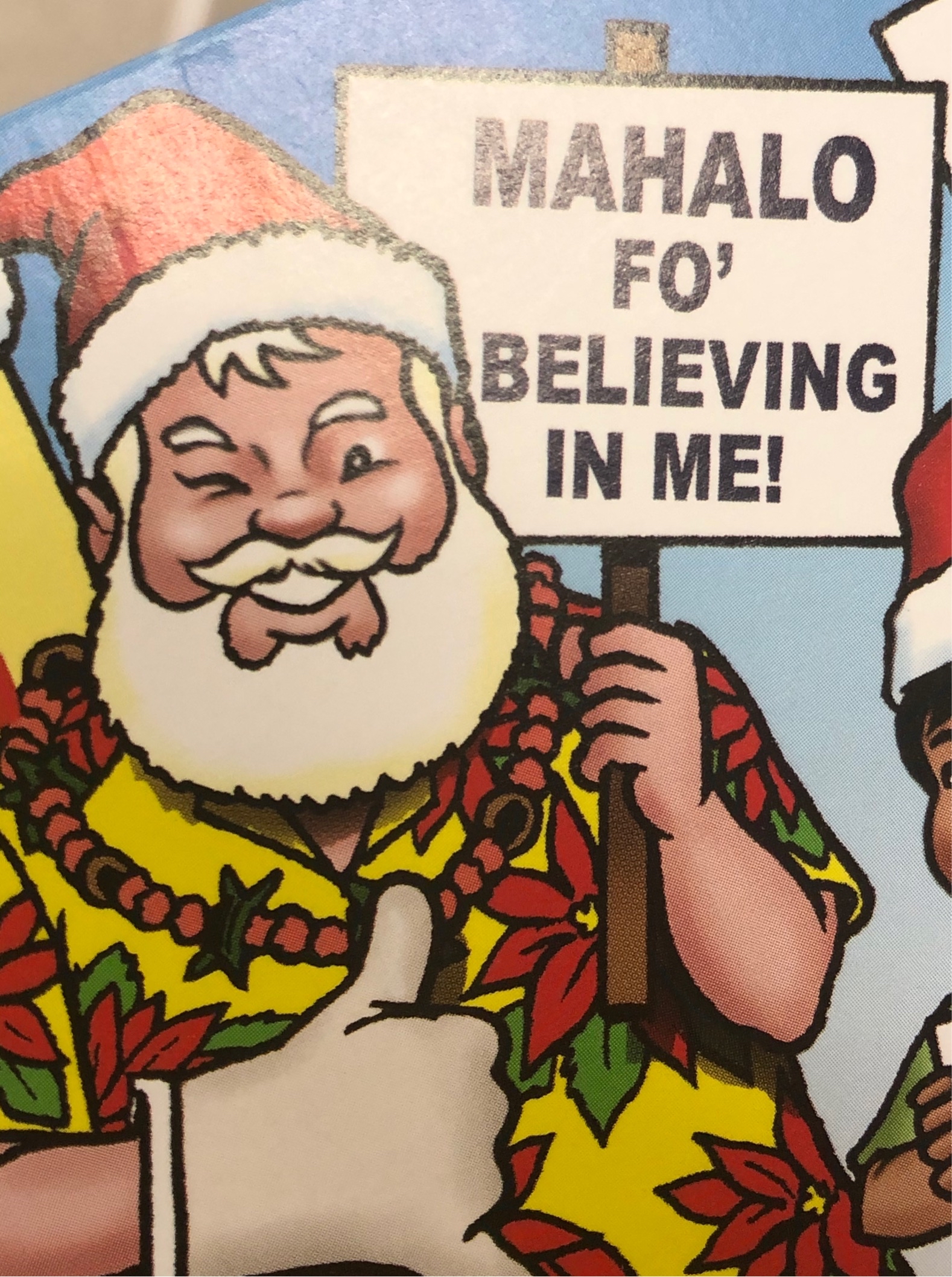
|
25910
|
|
United States
Mililani
|
|
|
Christmas. card from longs drugs. Symbolic synthetic. Don’t know anyone who says this to someone on Christmas. JAS
|
Multilingual Hawaiʻi
|
|
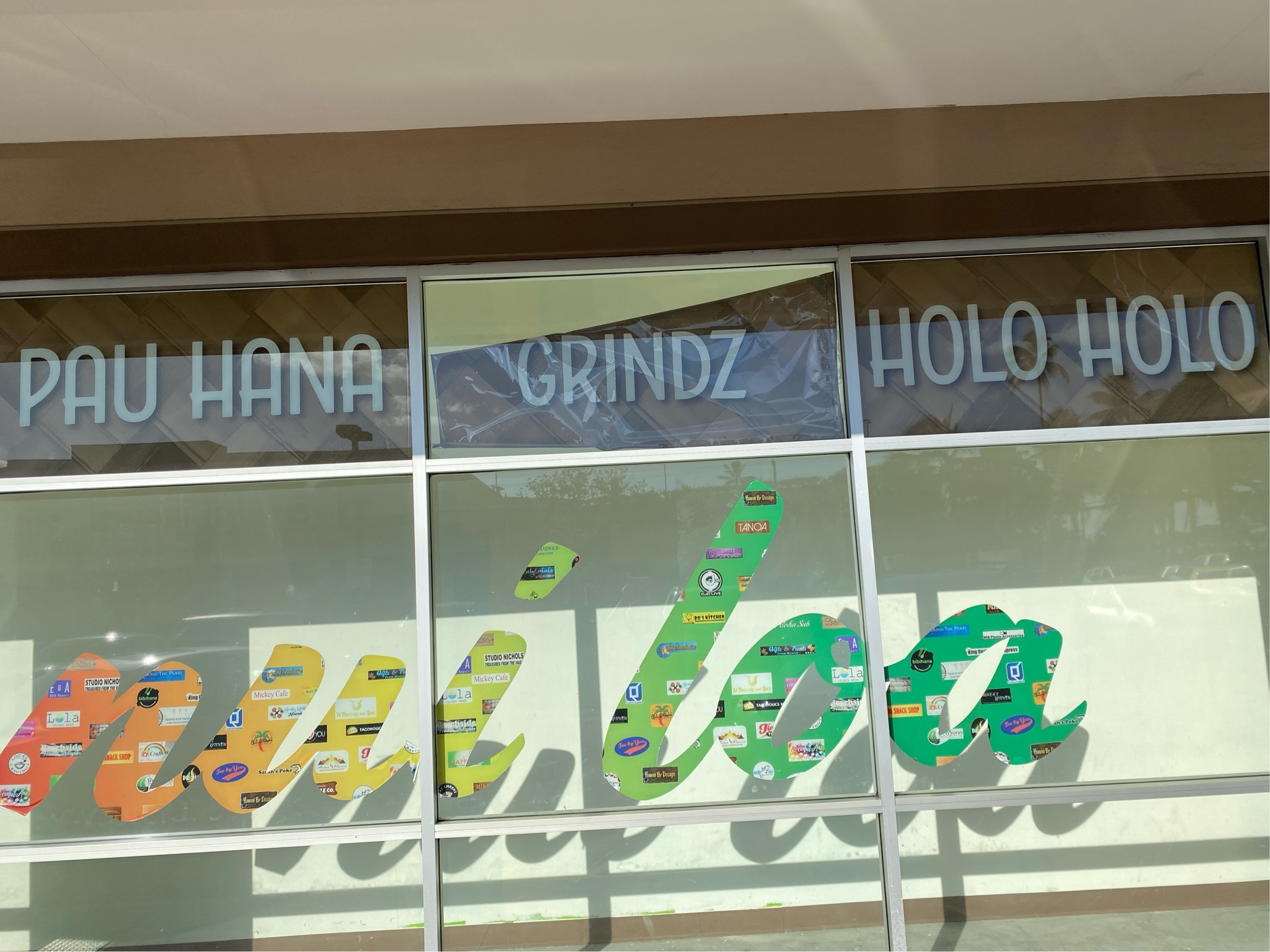
|
38454
|
|
United States
Honolulu
|
|
|
—
|
Multilingual Hawaiʻi
|
|